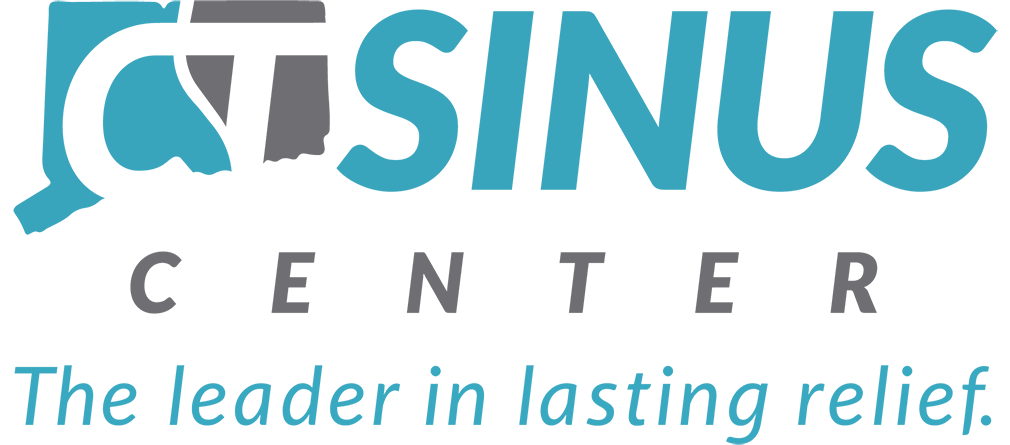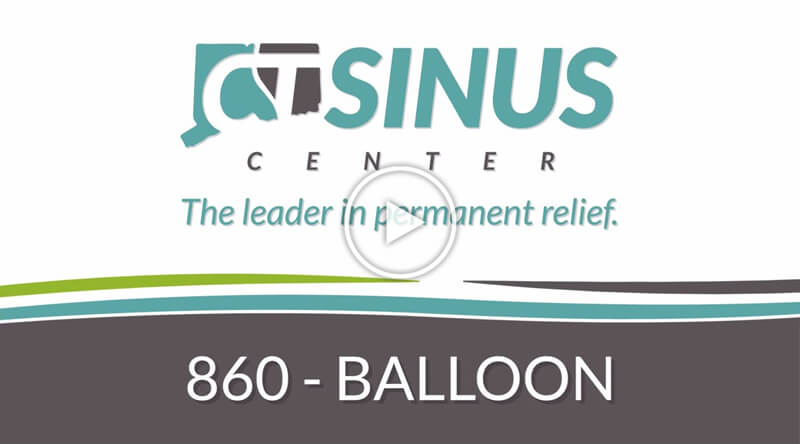CT Sinus Center remains committed to the health and safety of our patients and employees amidst coronavirus concerns. Throughout the past year, we have continuously reviewed the guidelines set by various national medical organizations and have based our care protocols in the best interest and safety of our patients and staff. Our COVID-19 safety protocols on the part of our providers and staff remain intact–and we will ask patients to participate in safety efforts as well.
For your personal convenience, comfort, and safety concerns, our providers are available for Telemedicine appointments so that you can still continue to receive the care you need while remaining at home. With a Telemedicine visit, you can easily interact with the provider in an audio or video call using the Smartphone, tablet, PC, or computer. See our Telemedicine FAQs for additional information. If you would like to schedule a telemedicine visit, you may request an appointment online, or call our office at (203) 574-5997.
For our allergy patients, all allergy services, including routine injections, must be scheduled in advance. No walk-in visits are possible so that we may better manage the flow of patients to keep everyone safe in our offices.
COVID-19 Safety Update Regarding Mask Requirements, May 2021.
While the CDC has recently changed the guidance for wearing masks for vaccinated individuals, the mask wearing guidance from the CDC and Connecticut Department of Public Health (DPH) remains unchanged for our CT Sinus Center medical practice – both continue to recommend the wearing of masks indoors by everyone in certain settings such as healthcare facilities to ensure providing the safest environment for everyone.
Our policy, therefore, remains unchanged. Masks continued to be required to be worn inside by all staff and all patients – removal of patient masks, however, may be required during examinations. Patients certainly can remove their masks after leaving any of our office buildings.
While making and confirming appointments, we will remind our patients that wearing a mask in our offices to be treated is still required. We are all hopeful the strong progress of vaccinations and decreasing COVID cases continue in Connecticut and in the region so that we may all enjoy a more safe environment for everyone soon without the necessity of routinely wear masks indoors.
You can review latest COVID guidance update posted on the CT GOV website related to mask wearing COVID 19.




